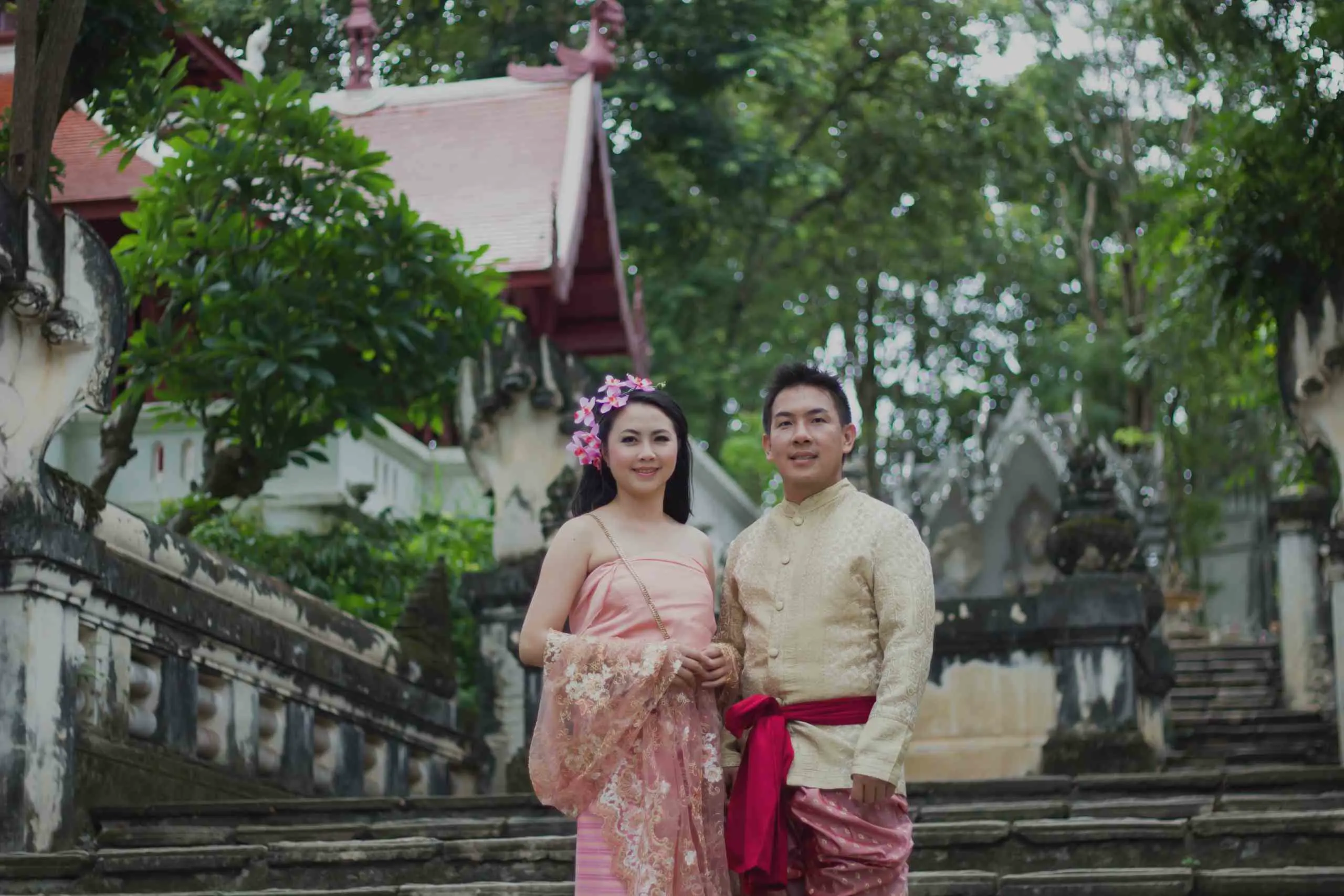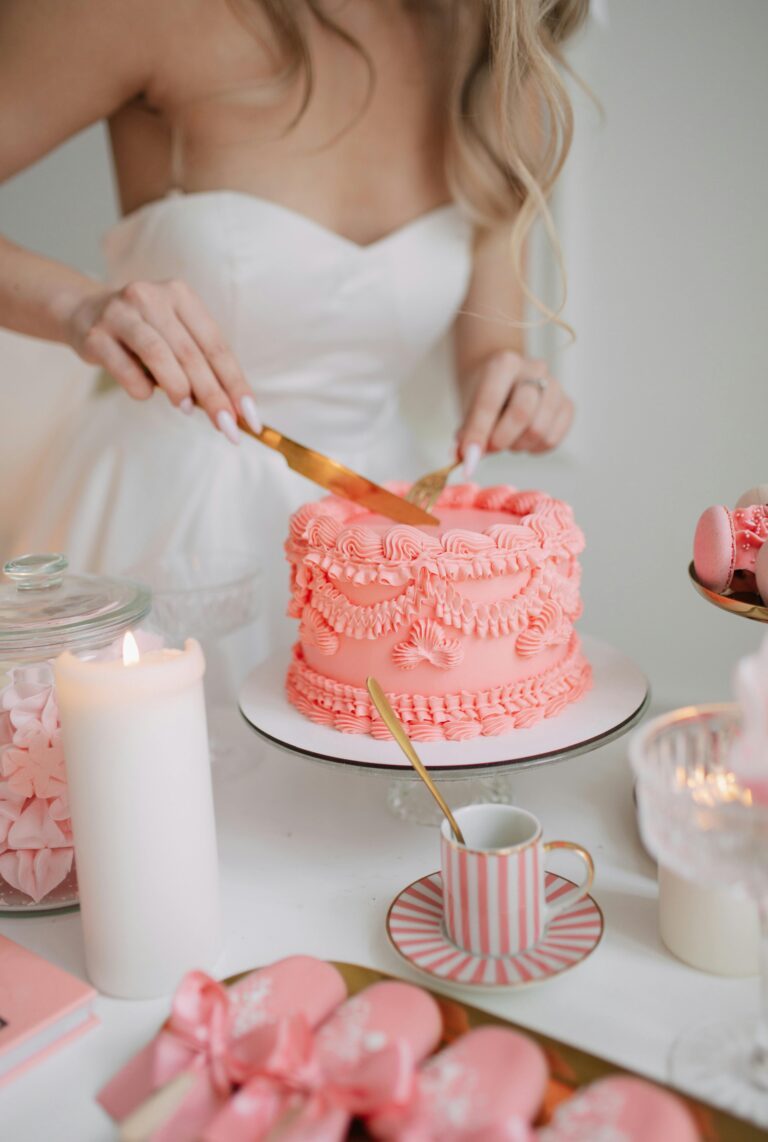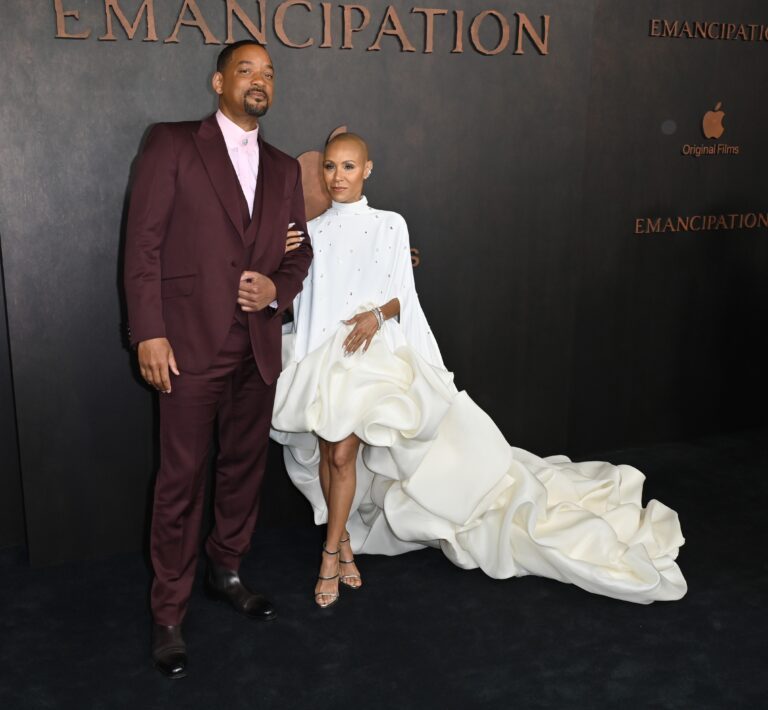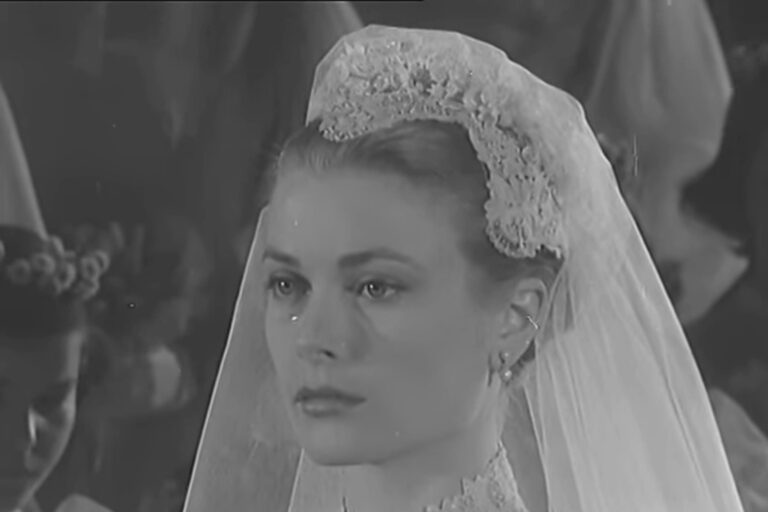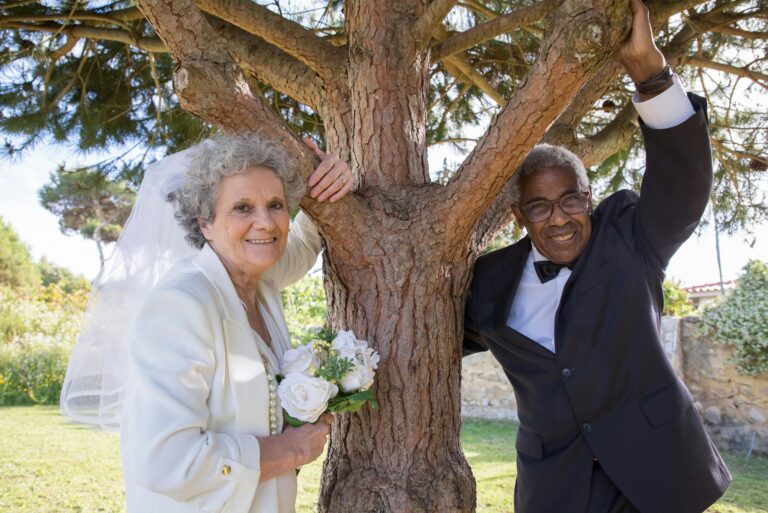Incorporating Cultural Traditions into Your Wedding Ceremony
Incorporating cultural traditions into your wedding ceremony adds personal significance and honors your heritage. It creates a meaningful experience for you and your guests.
Wedding ceremonies are deeply personal events that celebrate love and commitment. Integrating cultural traditions into your ceremony can make it even more special. These traditions reflect your background, heritage, and family values, adding a layer of authenticity. Whether you choose rituals, attire, or music, each element can tell a story.
Guests gain a deeper understanding of your culture, fostering a sense of unity and respect. Thoughtfully chosen traditions can create lasting memories and strengthen family bonds. Embracing your cultural roots adds richness and depth to your wedding, making it a truly unique and heartfelt celebration.
Embracing Heritage In Matrimony
Cultural traditions make your wedding unique. They honor your family’s past. They connect you to your roots. Guests enjoy seeing different customs. These traditions add meaning to the ceremony. They reflect the values and beliefs of your family. They create a sense of unity and belonging.
Culturally infused weddings are rich in symbolism. They create lasting memories for everyone. They offer a chance to educate guests about your culture. These weddings strengthen family bonds. They show respect for your ancestors. They can also be very colorful and vibrant.
Choosing Traditions That Speak To You
Start with traditions from your family history. Ask your parents and grandparents about their wedding customs. Research different cultures to find unique and meaningful practices. Select customs that have special meaning to you and your partner. Create a list of traditions that feel right for your ceremony.
Mixing traditions from different cultures can make your wedding unique. Choose elements that complement each other. For example, combine a traditional tea ceremony with a Western-style vow exchange. Respect each culture by understanding the significance of each practice.
Consulting With Family And Elders
Gathering insights and blessings from family and elders is crucial. They hold valuable knowledge about traditions. Ask them to share stories and customs. Their blessings add a special touch to your ceremony. It shows respect and love for your heritage. You may learn something new about your culture.
Respecting generational perspectives is important for a meaningful wedding. Elders have witnessed many ceremonies. They understand the deep meanings behind traditions. Respect their views and include their suggestions. This will make your wedding more special. It connects the past with the present. Everyone feels included and valued.
Customs From Around The World
Asian weddings are colorful and full of life. Tea ceremonies are popular in Chinese weddings. Brides and grooms serve tea to their parents. Henna parties are common in Indian weddings. Brides decorate their hands and feet with henna designs. Korean Paebaek includes bowing and sharing dates and chestnuts. These represent children and fertility.
African weddings are rich in music and dance. Jumping the broom is a well-known tradition. It symbolizes sweeping away the past. Kente cloth is often worn, showcasing vibrant colors. In Kenya, the Maasai tribe blesses the couple with milk. Libation ceremonies involve pouring drinks to honor ancestors.
European weddings are often elegant. Handfasting is a Celtic tradition where hands are tied together. Greek weddings feature the crowning ceremony. Couples wear crowns to signify unity. Italian weddings have a La Tarantella dance. It’s a lively dance that brings joy. Swedish weddings include coin traditions. Brides place coins in their shoes for good luck.
Personalizing Ancient Rituals
Couples love adding modern twists to old customs. For example, mix traditional and contemporary music. Wear classic attire with a modern touch. Serve fusion cuisine that blends cultural dishes. Use modern decor with traditional elements. Combining the old with the new creates a unique experience. Your guests will remember your special day forever.
Start by adding personal elements. Write your own vows. Include a unity ceremony that reflects your bond. Create a new family tradition together. Include cultural symbols in your decor. Invite family members to share stories. This makes your wedding meaningful and personal. Celebrate your love in a unique way.
Navigating Cultural Sensitivities
It’s important to understand the traditions you are including. Research the origins and meanings. Speak with people from that culture. Respect their customs and avoid stereotypes. Always ask if you are unsure. Permission is key. Wearing traditional clothing without knowing its significance can be harmful. You want your ceremony to be beautiful and respectful. Your guests will appreciate your effort.
Respect is crucial in any celebration. Include elements that honor the culture. Make sure to educate your guests about the traditions. You can use programs or signs. This helps everyone understand and appreciate the meaning. Hire cultural experts if needed. They can guide you through the process. This will make your wedding truly special.
Incorporating Traditional Attire
Choosing culturally significant outfits can add meaning to your wedding. Brides may wear traditional dresses from their heritage. Grooms can also choose cultural attire. These outfits can make the day feel special and unique.
Mixing modern and traditional fashion can create a beautiful look. Brides can pair a traditional dress with modern shoes. Grooms may wear a cultural jacket with modern trousers. This blend can honor your roots and keep the style fresh.
Culinary Delights: A Taste Of Culture
Traditional wedding cuisines add a special touch. They represent family and heritage. Guests love experiencing new flavors. These dishes often hold deep meanings. Recipes pass down through generations. They connect the past with the present.
Think about including your favorite traditional dishes. You can also ask family members for their input. This makes the meal personal and memorable. Everyone will enjoy the unique experience.
A fusion menu blends different cultures. It brings together the best flavors. This makes the wedding meal exciting. Guests can enjoy a variety of tastes.
Combine favorite dishes from both families. This creates a balanced and delicious menu. Make sure to test the dishes beforehand. You want everything to be perfect on the big day.
Music And Dance: A Cultural Tapestry
Music sets the mood for a wedding. Choose songs that reflect your culture. Traditional songs can bring a sense of heritage. Ask family members for suggestions. They might know the best tunes. Consider the instruments used. Drums, flutes, and strings can add a special touch. Make sure the music is meaningful to you. It should tell a story or convey emotions.
Traditional dances can make your wedding unique. Learn some dance steps from your culture. Teach your friends and family too. This can be a fun activity before the wedding. Practice makes perfect. You can even hire a dance instructor. A group dance can be more entertaining. It also brings people together. Add traditional costumes to make it more authentic.
Bilingual Ceremonies: Language Of Love
Create a script in both languages. Keep sentences short and sweet. Alternate between the languages. This keeps everyone engaged. Use simple words and phrases. Everyone should understand the message. Highlight important parts in both languages. Make sure each part flows naturally.
Professional interpreters can help. They translate speeches and vows. Everyone feels included and respected. Choose interpreters familiar with wedding traditions. They should know both languages well. Interpreters can stand near the couple. They should speak clearly and slowly.
Ceremonial Fusion: Tying The Knot With Diversity
Blending rituals from various cultures creates a rich wedding experience. Incorporating elements from each background shows respect and love. Share the significance of each tradition with guests. This helps everyone understand and appreciate the ceremony. Include cultural symbols, attire, and music. This adds unique touches to the wedding.
Ensure each culture is represented equally. Create a timeline that balances traditions. Alternate rituals from each background. This keeps the ceremony fair and inclusive. Discuss with family members to avoid misunderstandings. Respectful dialogue is key to a harmonious celebration. Consider hiring a wedding planner experienced in cultural fusion. They can help merge traditions smoothly.
Honoring Your Roots: Venue And Decor
Choose a venue that reflects your culture. A place with deep cultural roots adds meaning. Churches, temples, and gardens are great choices. Each can hold special memories. Ensure the venue has space for all guests. Also, consider the travel needs of family and friends. A convenient location can make everyone happy.
Traditional decor makes the day special. Use items like handmade fabrics and ceremonial artifacts. Flowers from your homeland can add a familiar touch. Colors and patterns should reflect your heritage. Think about cultural symbols and family heirlooms. These can make the decor unique and heartfelt.
Incorporating cultural traditions into your wedding makes the event more meaningful. It honors your heritage and creates unforgettable memories. Embrace your roots and celebrate love in a unique way. Guests will appreciate the personal touch and authenticity. Start planning your culturally rich wedding ceremony today.

